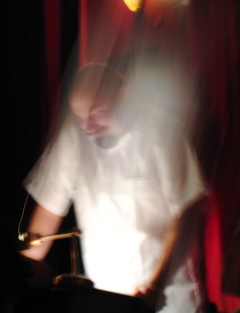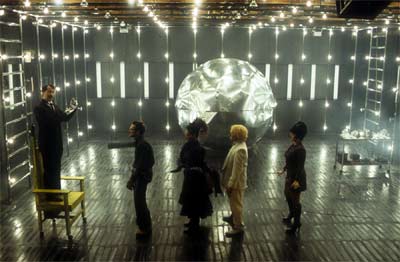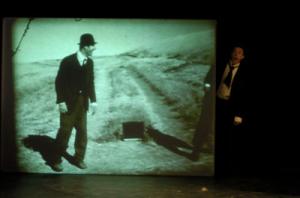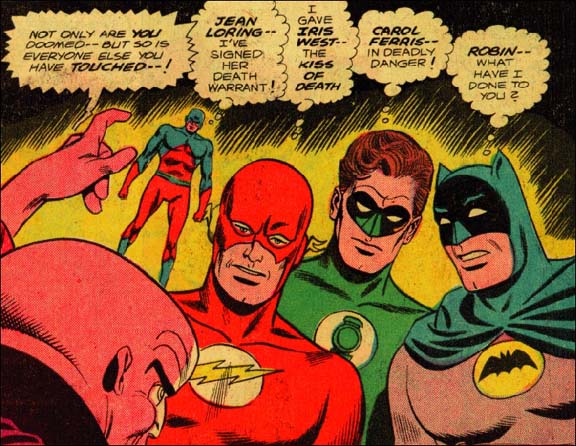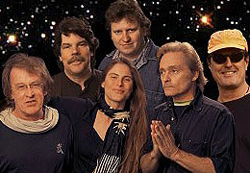
Extreme Ironing
It's another opening day--tonight I sally forth to do ALL STORIES ARE FICTION, with the following topic:
Monday, March 28, 2005
All Stories Are Fiction #21:
GAMES PEOPLE PLAY
Diplomacy: the art of saying "nice doggy" until you can find a rock.
I'm also performing at Eating It this evening, at the Zipper...we're actually going to finish ASAF, jump in a cab and rush over so that I can do one of the last spots of the evening. I'll be on with Jim Norton, Jim Gaffigan and a slew of other talented folks. Eating It is a New York comedy institution, where stand up comics experiment with brand-new material.
Astute readers of this blog, as well as people who know me from "real life" may recall that I am not, in fact, a stand-up comedian. This is true: I've actually never done stand-up in my life. But it is also true that the line between monologue and stand-up can be a blurry one, and I'm always interested in those boundaries--and if one is going to premiere somewhere doing stand-up, EATING IT is pretty fucking high-end.
Which means, if it all goes poorly, and it may--well, I will be well and severely screwed. But if there's one thing I know about myself it's that I respond to pressure--so pressure is exactly what I'm trying to apply here. We shall see.
Oh, and here is Shatner's famous craziness: Rocket Man.







